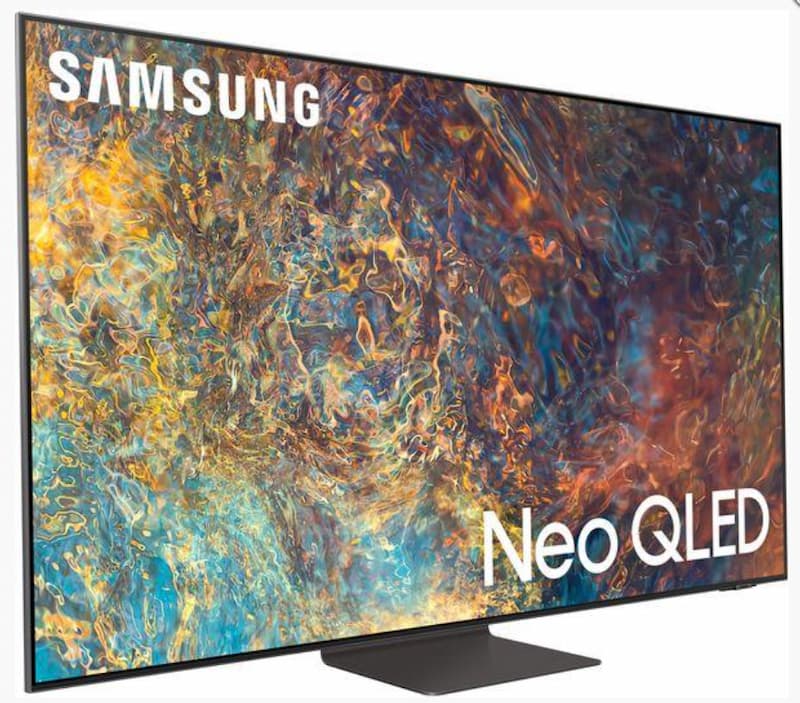Reality television’s global successes have been seen as a societal and cultural phenomenon since the new millennium. Shockingly, for some citizens of authoritarian countries, voting for reality TV shows has been the first opportunity to vote freely and fairly.
Watching and engaging with reality TV shows taps into some of our most basic psychological needs; the need to feel connected to others, the need to feel good about ourselves, and the need to understand social dynamics.
“Big Brother is Watching You.”
In his 1949 dystopian novel Nineteen Eighty-Four, George Owell created the infamous concept of Big Brother. In the society that Orwell depicts, each and every citizen is under constant surveillance by the authorities and Big Brother, mainly by ‘telescreens’.
Many propose that Orwell , through his novel, predicted the future with regard to authority figures and CCTV surveillance. But did Orwell sow the seeds of reality television? Where we can watch so many people’s lives, 24 hours a day?
The Science Behind Watching Reality TV Programmes
Psychology Today conducted a survey that aimed to discover more about people’s attitudes towards, and relationship with, reality television. They constructed a detailed survey of 239 people, asking them about not only their television viewing habits, but also their values and desires through the Reiss Motivation Profile (a scientifically valid, standardised assessment of what motivates any person over the age of 12). The study, carried out by Dr Steven Reiss and Dr James Wiltz, found the following:
• People who say they enjoy intellectual activities are no less likely to watch reality TV than are those who say they dislike intellectual activities.
• One of the main differences between fans of [reality TV] and everyone else is not an interest in sex, but a lack of interest in personal honour. Watchers valued expedience more than morality. [Reality TV’s] popularity was not because of the possibility of watching adultery, but because of the ethical slips that may lead to adultery.
• Fans of [competitive reality TV shows] tend to be competitive themselves, and are more likely to place a very high value on revenge than are other people.
• Fans of [reality TV shows] are much more likely to agree with statements such as, “Prestige is important to me” and “I am impressed with designer clothes” than are other people.
• Reality TV allows Americans to ‘fantasise’ about gaining status through incidental fame. Ordinary people can watch the shows, see people like themselves and imagine that they too could become celebrities by being on television.
Reality TV shows have been associated with promoting voyeurism and exhibitionism, as well as glamorising materialism.
Turkish psychologist Lemi Baruh published a study of reality television in the journal of Media Psychology. Baruh aimed to pinpoint what the true appeal of watching reality shows entailed:
• Baruh found that, apart from the obvious aspect of voyeurism, another appeal of reality shows is that they provide us with the opportunity to compare ourselves with other people, who are involved in situations that we may wish we could be in (or are glad we are not in!)
• In contrast, watching programs that cover tragedy or disaster, or even just travel discomfort we can temporarily feel good that we’re not in those situations ourselves. We become more grateful for our situations.
• Many people, from watching reality TV, felt that they were able to gain valuable coping and survival skills.
Participants then rated their tendency to watch television to fulfil voyeuristic desires.
Try it for yourself now!
Rate yourself (from 1 for strongly disagree to 7 for strongly agree) on how much you agree with these following statements:
1. I enjoy watching television programs that help me get a peek into people’s private moments.
2. I like television programs that show a side of people that I would not normally see.
3. I enjoy watching television programs that provide access to things that people try to hide.
Participants consistently scored the highest for option 2.
If you scored above 6 on for no. 2, and above 4 or 5 on the no. 1 and no. 3, you are in the upper range of scores for TV voyeurism!
What the Results Mean…
As Baruh predicted, the biggest reality TV watchers were people high in the personality trait of voyeurism.
Baruh also asked participants to score themselves on a scale of social comparison. Participants indicated how much they compared themselves to others, pay attention to how other people do things, and evaluate themselves according to how much they’ve accomplished compared to other people. People who rated themselves higher on the social comparison scales are more likely to be avid reality show TV watchers.
Here at Electronic World we provide, high quality, cheap TVs, which are perfect for indulging yourself in your favourite reality TV shows! For more information, please do not hesitate to contact us and speak with a member of the friendly Electronic World team.







